Every profession has its distinctive tools of the trade. Artists know they produce their best work with the finest pens, teachers search out the highest quality textbooks, and scientists scour stores for unbreakable beakers; dentists and surgeons are no different. The only disparity between the two is that the former uses simple tools while the latter will need complex equipment like pulse oximeter, ECG equipment, etc. In caring, qualified hands, dental instruments can work wonders on your smile and your oral health alike. Unfortunately, given that many people suffer from dental anxiety, cleaning tools have sometimes gotten a bad reputation as being scary. Dr. Craig Armstrong and our team want you to feel relaxed and confident when you come in for your regular cleanings and examinations. In the following blog, we go over the basic tooth tools we use to spruce up your smile during these twice-yearly visits.
How Often Should You Have Your Teeth Cleaned?
Dr. Armstrong and our team recommend having your teeth professionally cleaned at least twice a year in order to remove food debris, plaque, and tartar that can contribute to an infection. Some patients may require more frequent cleanings to address a chronic infection called periodontitis, which is an advanced infection in the gums. We will let you know if you suffer from periodontitis and schedule you for more cleaning appointments as appropriate.
The Importance of Professional Cleanings
If you take relatively good care of your teeth and gums at home, you might wonder why it’s all that important to have your smile professionally scrubbed twice a year. The truth is that even if you are absolutely meticulous about brushing your teeth twice a day, flossing once a day, using mouthwash, and eating a healthy diet, you still need professional cleanings. Essentially, the bacteria that cause problems in the mouth are very good at sticking to tooth structure. Over time these bacteria produce a sticky substance called plaque that is incredibly difficult to remove with a daily toothbrush routine. If left on the teeth too long, plaque can harden into an even more difficult to remove substance called tartar or calculus. This rigid bacterial film is impossible to scrub off with a toothbrush and can only be accessed by a dental professional.
Furthermore, while professionally cleaning your teeth, our Houston dental team will examine your mouth for signs of oral pathology like oral cancer or the early stages of decay. Spotting these conditions in their earlier stages makes them much easier to treat. In addition, your cleaning appointment gives you the opportunity to ask us any questions you may have regarding your oral health and allows us to teach you new techniques to better take care of your teeth.
Smiling on a New Scale
One of our primary goals in cleaning your teeth is removing plaque, that sticky film that can coat your teeth, attracting decay-causing bacteria and discoloring your smile. Even more detrimental is tartar, the hardened form of plaque, which can only be removed by a dental professional.
When you come in for a professional cleaning, one of our dentists or dental hygienists will begin the cleaning with an instrument called a scaler. This instrument is designed to access all of the surfaces around and between teeth to lift hard to reach plaque and calculus. A scaler is a metal tool with a curved end, shaped like a question mark. Although this instrument appears sharp, your dental professional is trained to only place it on the tooth using a safe method. Scaling your teeth allows Dr. Armstrong and our team to remove all the plaque from your teeth. This gives your smile a smooth, clean feeling when you run your tongue over your teeth. Clearing out the sugars, bacteria, saliva, and other particulate matter on your teeth should leave your mouth feeling healthy and refreshed. During and after using the scaler, we may confirm that we’ve scrubbed every surface of your teeth using a small mouth mirror.
An Ultrasonic Upgrade
In many cases, a traditional scaler suffices to remove plaque from your smile. At times, our team may also use an advanced ultrasonic scaler. This instrument vibrates and lifts heavy deposits of calculus while rinsing with water. As an article in Dentistry Today explains, “The use of ultrasonic devices has dramatically improved the practice of…scaling…and periodontal [cleaning].” Among the many advantages of state-of-the-art ultrasonic scaling technology are “decreased treatment time,” “more efficient removal of dental plaque and calculi,” and “[excellence in] stain removal.” The article also points out that with an ultrasonic scaler or similar device, “patients experience a higher level of comfort.” Dr. Armstrong and our team will decide whether or not to use an ultrasonic scaler based on your particular needs and preferences.
A Familiar Tool: Floss
After removing the plaque, the dental clinician will floss between each tooth. While it may not be as high-tech as an ultrasonic scaler or a digital X-ray machine, weaving this waxy thread between your teeth is vitally important to your oral health. Floss is the only way to reach and remove plaque from certain portions of your teeth and gums. For this reason, floss remains the gold standard for access between teeth. As the American Dental Hygienists’ Association’s guide on “Proper Flossing” demonstrates, we will “gently guide [the] floss between [your] teeth by using a zig-zag motion,” “gently wrap [the] floss around the side of the tooth,” and “slide [the] floss up and down against the tooth surface and under the gum line, [flossing] each tooth thoroughly with a clean section of floss.” This is the same technique you should use at home at least once a day. No professional dental training required to use!
Polishing Your Pearly Whites
Once your teeth have become a clean slate, free of that harmful buildup, we make them shine with a polishing brush. The instrument is very similar to an electric rotary tooth brush, but much more innovative and effective. An abrasive (sandy) material is used on the polishing brush to smooth any remaining roughness on each tooth. For cavity prevention, Dr. Armstrong may also recommend a fluoride solution which may be a foam or a thick solution painted on the teeth. This is a very low-cost method to avoid getting a cavity. For children between the ages of 6 and 16, we may also suggest placing dental sealants to ward off decay.
21st Century X-Rays
As mentioned above, the other key component to a cleaning is the examination. During this assessment, Dr. Armstrong will evaluate your mouth for signs of oral cancer, potential periodontal disease, cavities, and more. This type of preventive care allows us to catch problems before they become difficult to treat, making your life much easier in the long run. One of our most important diagnostic tools is radiography. For decades, our only option was to take X-Rays on film. This was a relatively slow process, and it exposed patients to more radiation.
Fortunately, at Dr. Armstrong’s office, we offer state-of-the-art digital X-Rays. These images are more accurate, available instantly, and they reduce the already-low level of radiation by approximately 75 percent! How often we use this incredible tool depends on each patient’s unique needs. Some may only require X-Rays every couple of years but, if you’re at risk for certain dental conditions, we may recommend more frequent radiography. No matter how often you need X-Rays, you’ll be impressed with the speed, ease, and sophistication of our digital tools!
Why Professional Cleanings Are Worth It
Although they use impressive technology, dental cleanings are one of the lowest cost procedures at our office. They are also one of our most frequently performed treatments. Our Houston dental team is trained to efficiently, effectively clean your teeth on a regular basis. By attending regular preventive care appointments, you can prevent tooth loss and pain while keeping your smile stunning.
Experience Our Advanced Cleaning Instruments
Cleaning your teeth is a cinch with our innovative instruments and our team’s professional prowess. Contact our Houston dental practice today to learn more and schedule your next cleaning appointment!
Original Source:https://www.craigarmstrongdds.com/dental-technology/tooth-tools-the-instruments-dentists-use-to-clean-teeth/
Visit Our Office
Office Hours
- MON8:00 am - 6:00 pm
- TUE8:00 am - 6:00 pm
- WED8:00 am - 6:00 pm
- THU8:00 am - 6:00 pm
- FRIClosed
- SATClosed
- SUNClosed
10370 Richmond Ave. Ste 310,
Houston, TX
Phone : (832) 251-1234Text Us : (832) 251-1234






